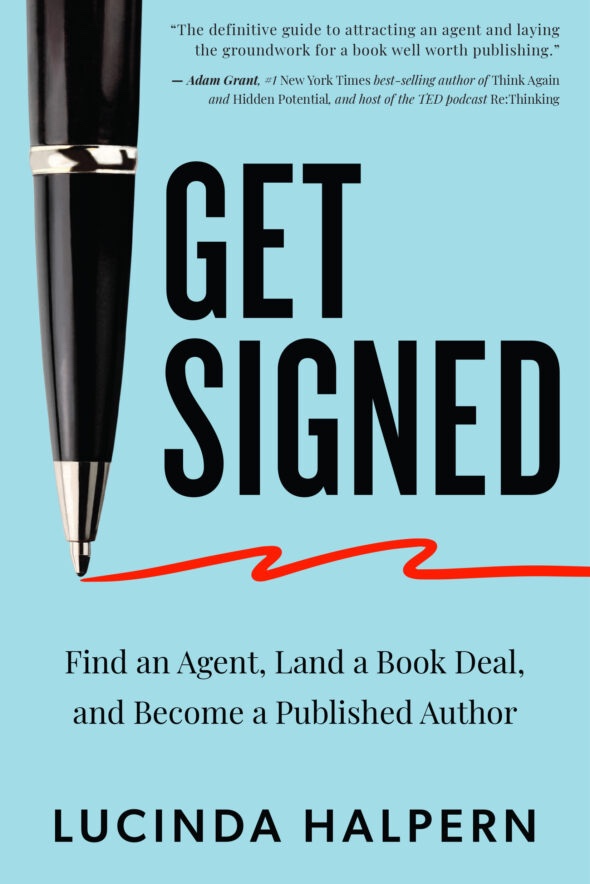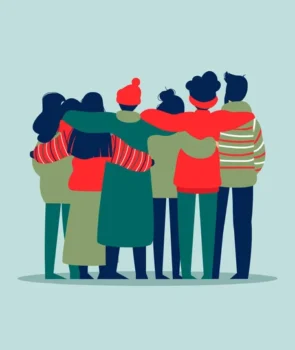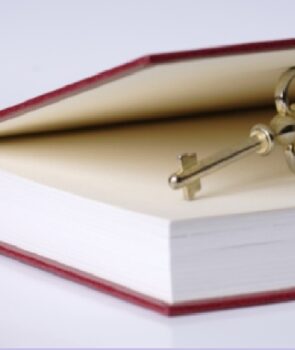Search
March 2023: Are You the Right Person to Be Writing This Book?
Am I the right person to be writing this book?
We hear this question a lot from writers like you. It’s a difficult one. Today, I decided to answer it.
If you’re worried you’re the wrong person for the job because you’re intimidated by platform or credentials, let me assure you that you’re not. Last month, we introduced a phrase that we teach in our courses: your lived experience is your expertise. Your authenticity is your authority. This means that whether you are middle-aged or retired, whether you have a vast social media following or not, the publishing world is not out of the realm of possibility for you. Plenty of break-out novelists wrote their first books, or discovered their fame much later in life. Take one of my recent favorites: The Paper Palace by Miranda Cowley Heller. Another example is our memoirist Michelle Dowd, whose memoir, Forager, about growing up in an evangelical cult, released last week.
How does this play into being evaluated by agents and publishers?
If you’re writing memoir or fiction, you will be evaluated primarily by “the read,” as editors refer to it. Your writing must sing on the page. And you better have a good, maybe even unbelievable, story to tell in the first place.
For nonfiction, this doesn’t mean that you won’t need credentials if you’re writing a book about business, scientific theory, or history, among others. But for many of you who coach with us, you do bring these credentials in your decades of experience. So let me relieve that anxiety, and tell you that the right agent or publisher will see these merits, so long as there’s a fresh angle, a timely topic to dissect, or what, at Lucinda Literary, we call “a big idea.”

What if I’m writing a book about a perspective that’s not similar to my lived experience?
I hear from many authors that are wishing to include the perspectives of diverse characters who differ from the author in terms of race, gender, class, ethnicity, etc. Publishing professionals and readers will value that inclusion, if it’s done the right way. Here are a few tactics I recommend:
- Make your research inclusive to begin with; meaning, make sure you are seeking diverse perspectives; not simply relying on the bulk of historical texts out there. (See Richard Cohen’s The History Makers.)
- Similarly, interview others from diverse perspectives. Don’t speak to these simply from your anecdotal experience.
- Take ownership in a preamble to your book, if nonfiction, that you are not a part of the community you’re writing about, but you have done your best to spotlight or elevate the voices of others.
- Be honest, humble, and up-front about this in your marketing efforts. I recently had someone ask, “Will people be disappointed to see me (a grown man) at a book event after reading a story I wrote featuring young female protagonists?” Our thoughts? Not if you can address this with grace and humility.
- Engage sensitivity readers: people whose entire job is to read a story and make sure there is no offensive content, stereotypes, bias, or lack of understanding and create a report including any instances of this. And mention this in your pitch; and lastly,
- Be prepared that despite doing everything right, you may receive backlash from people who still don’t think you should be the one writing this story.
In short, if you have a great story to tell, don’t fear the red tape. Because all of us are looking for the next great story. Just be sure that the approach you take is respectful, well-researched, and well-intentioned.








